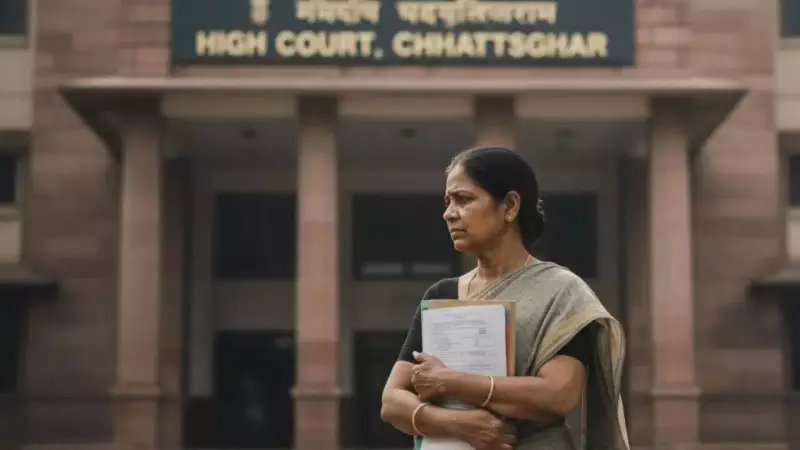
In a landmark clarification that affects millions of families across India, the Delhi High Court has spelled out the specific legal condition under which daughters cannot claim rights in their father's property. This ruling brings much-needed clarity to the often-confusing realm of inheritance laws.
The Crucial Legal Exception Explained
The court emphasized that while the Hindu Succession (Amendment) Act, 2005 granted equal rights to daughters in ancestral property, there's one critical scenario where these rights don't apply. The exception kicks in when the father passed away before September 9, 2005 - the date when the landmark amendment came into force.
Why This Timeline Matters
This clarification addresses a common misunderstanding about the retrospective application of the 2005 amendment. The court made it clear that the law doesn't work backwards indefinitely. If the father died before this crucial cutoff date, the daughter cannot claim coparcenary rights in the ancestral property, regardless of when she was born.
Key Takeaways From The Ruling:
- Cutoff Date is Everything: September 9, 2005 remains the determining factor
- Living Father Required: The father must have been alive on or after this date for daughters to claim rights
- No Retrospective Application: The law doesn't cover cases where father died before amendment
- Clarity for Pending Cases: Provides guidance for numerous property disputes across the country
Background of the Case
The clarification came during hearing of a specific property dispute where multiple family members were contesting inheritance rights. The court had to interpret whether daughters could claim shares in property where the father had died before the 2005 amendment.
After careful examination of legal precedents and the language of the amendment itself, the bench provided this crucial interpretation that settles numerous similar cases pending in various courts.
What This Means for Indian Families
This ruling provides clear guidance for families dealing with property inheritance matters. It helps individuals understand whether they have legitimate claims and prevents unnecessary legal battles over properties where claims aren't legally valid under the current interpretation.
Legal experts suggest that families with properties where the father died before 2005 should seek proper legal counsel before initiating inheritance claims, as this ruling significantly affects their legal standing.
The judgment reinforces that while Indian law has made significant strides toward gender equality in property rights, specific legal conditions and timelines still play a decisive role in determining actual inheritance rights.





